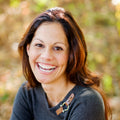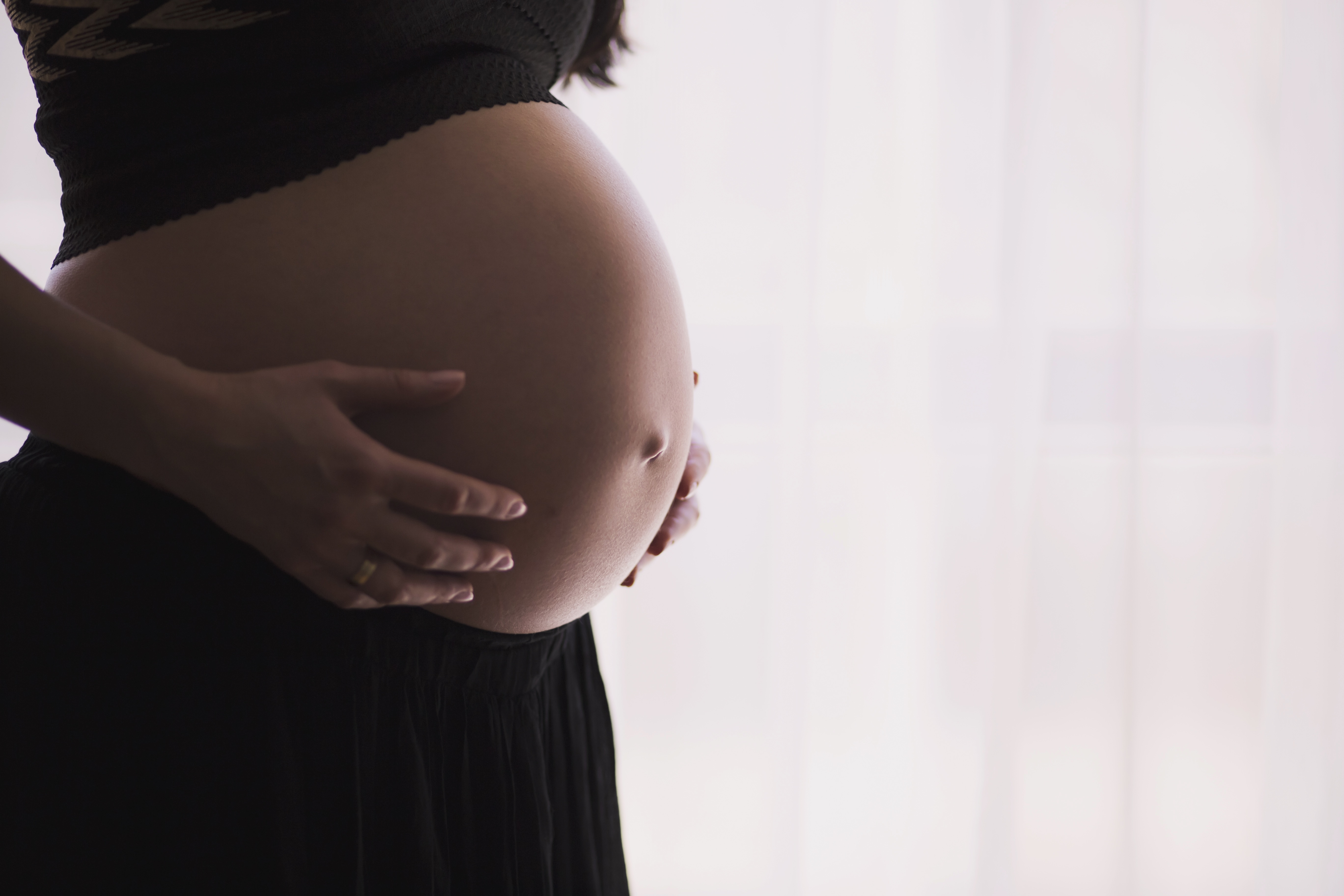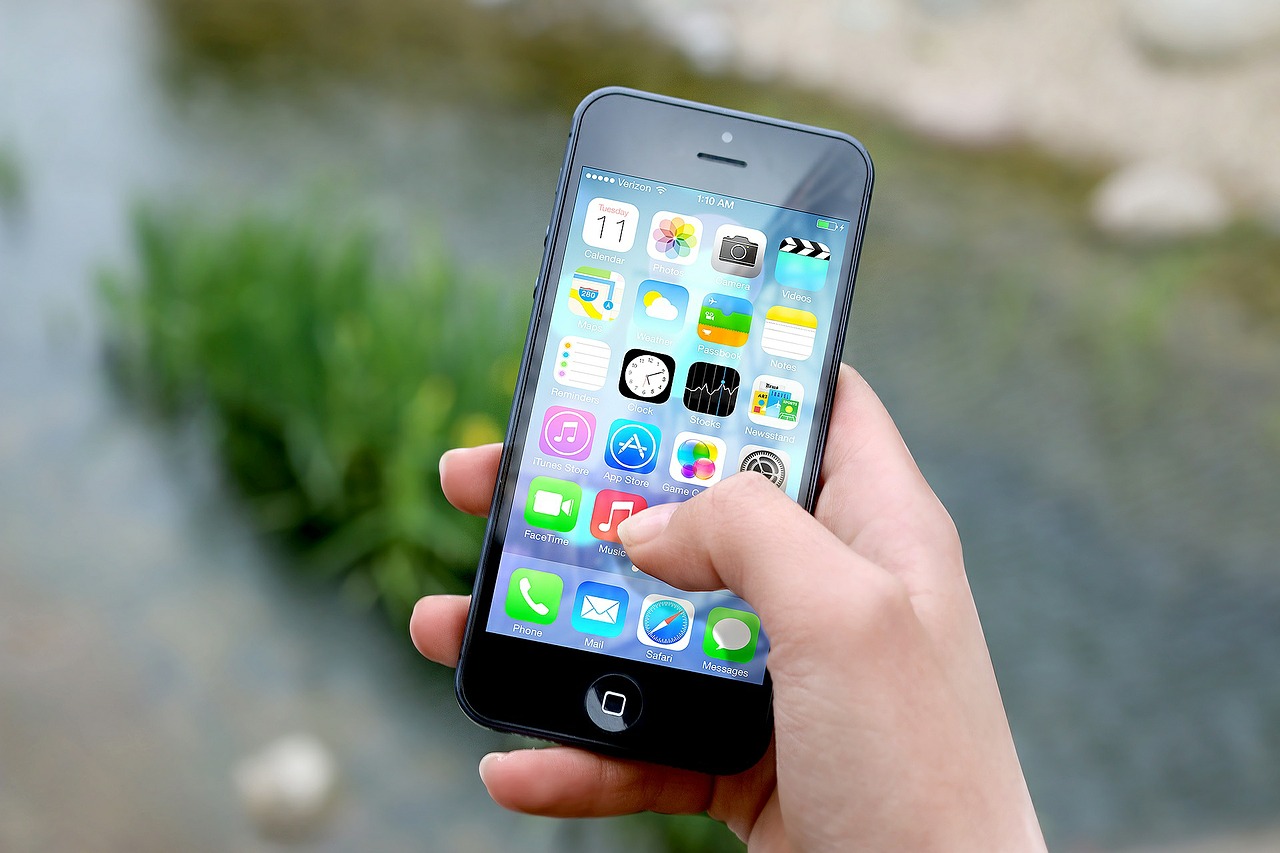Self-Care and Empowerment in the Age of the Quantified Self
The day I found out I was expecting my first child, I wanted to learn anything and everything that was going to happen to my body and my baby over the next 9 months.
Sure, I had appointments with OBs, midwives, and ultrasound technicians. I followed a relatively normal schedule of prenatal care. I checked. During my pregnancy with Elliott, I saw a healthcare professional 13 times. But my two pregnancy apps?
I looked at them EVERY DAY. Usually several times a day.
I used one app to understand what was happening inside my body, and to see how Elliott was developing, track my weight changes, store health data and images I wanted to see and go back to.
I used the other app to get advice about what to eat, what activities to avoid, and even what over the counter medications I could take. I looked to that app to decide how to take care of myself far more than I looked to my healthcare team for this advice.
Here I was, experiencing my first baby — arguably the most important thing to ever happen to my body — and the vast majority of how I took care of myself was directed and informed not by a qualified medical team, but by two health apps on my cell phone.
This underscores a really important point: self-care is self-directed.
No Doctor Told Me to Use Those Apps.
I chose them. I searched for them, I selected them, I downloaded them, and I decided they were good enough.
After entering some personal data, my apps knew my due date, when my prenatal appointments should be, and what foods I should eat based on my weight changes... and I could store my sonogram photos and belly selfies.
Just what I needed and wanted.
We're in an age of the quantified self. With every click, our devices are capturing tons of data on what we do, how we live, and what we're interested in.
The digital revolution has brought with it a bounty of hardware and software to track and manage our general health, activity, fertility, pregnancy, mood, and just about anything under the sun.
A combination of convenience and cost-savings drives our desire to track and manage our health using our mobile devices rather than deal with an inconvenient and costly healthcare environment. This has given way to over 200,000 mobile health apps and an increasing amount of people downloading and using them.
But Finding a Useful Health App is Like Searching for a Needle in a Haystack
According to a NYU Langone Medical Center study, 58% of people have downloaded a health app, but only half of those people continue to use the app.
Although 9 out of 10 want a doctor to prescribe a health app, download decisions are driven by App Store searches and reviews rather than by a doctor's recommendation. The healthcare community just doesn't know what to do with apps yet, largely due to a lack of evidence on their utility.
For consumers, continued app use is based on whether or not an app delivers on its intended purpose while being easy and enjoyable to use. Apps that couple smart design with empowering, data-driven insights are winning this race.
According to Dr. Robert Anderson and Martha Funnell, MS, RN, CDE, empowerment, “involves facilitating and supporting [people] to reflect on their experience... Such reflection often leads to their enhanced awareness and understanding of the consequences of their [behaviors and] decisions.”
Digital solutions that leverage data to facilitate self-reflection, awareness, and understanding are not only checking this box, but may be the heaviest hitters in a very saturated marketplace.
“Informed decision-making is a critical component of empowerment. Apps and other technologies are a powerful way for people to see their data and make more informed day-to day decisions about managing diabetes.
We used to think blood glucose testing data and other data were judgments; but, in fact, that data is the best guide for what people need to be doing right now. They help us think about what we could do differently the next time we are in a similar situation, so we achieve the most desirable outcome,” said Funnell.
Our World Has Never Been More Data-Driven, and Self-Care Support Must be Data-Driven Too.
Mobile health companies like One Drop are harnessing people's health data to empower and improve individual and population health, generating evidence on the utility of their solutions, and finding creative ways to be a healthcare game changer.
It's a huge nut to crack, but a meaningful and empowering data-driven user experience with clinical evidence will crack it.






